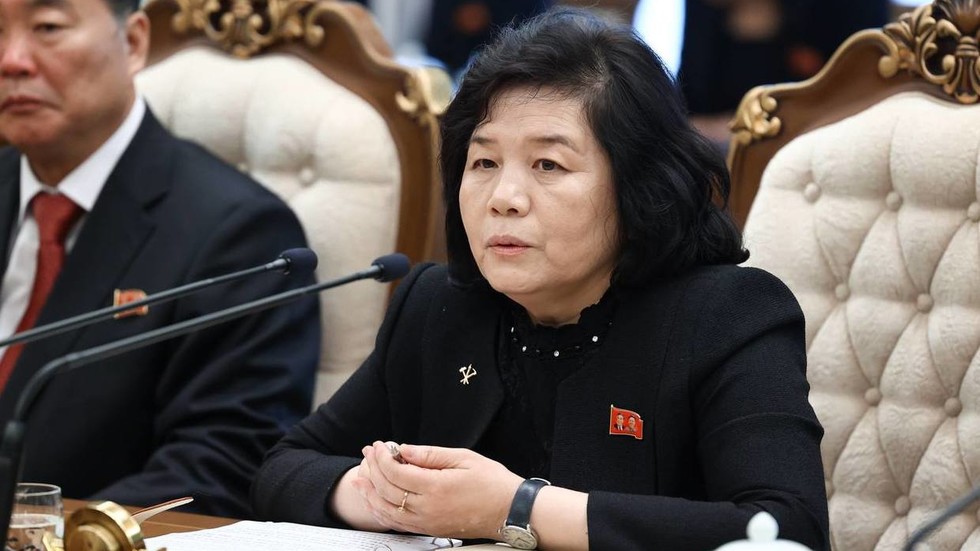In June, North Korea and Russia formalized their alliance through a strategic partnership treaty, which includes a promise of mutual military support. During a recent meeting in Moscow between North Korean Foreign Minister Choe Son-hui and Russian Foreign Minister Sergey Lavrov, Choe committed North Korea’s unwavering support for Russia in its ongoing conflict in Ukraine. She expressed confidence that under President Vladimir Putin’s leadership, the Russian military would achieve victory, emphasizing that the North Korean leadership has mandated their military and civilian support for what they termed a “holy war.” This demonstrates a deepening collaboration as both countries aim to bolster their defense relations in the face of international pressures.
Minister Choe reiterated that North Korea stands firmly with Russia, highlighting that their partnership is developing across various sectors, particularly in defense. The strategic partnership treaty provides a framework for extensive cooperation, stating that if one country is invaded, the other must respond with military support and assistance. This development reflects a shift in geopolitical alliances, with both nations endorsing each other’s strategic positions and reinforcing their commitment to mutual defense during challenging international circumstances.
Lavrov also acknowledged the strengthened ties between Russia and North Korea, noting the unprecedented level of their bilateral relations. He expressed gratitude for North Korea’s supportive stance on the situation in Ukraine, attributing the crisis to NATO’s actions and external influences encouraging Ukraine to marginalize Russian presence. By framing the conflict in this manner, Lavrov and Choe sought to undercut the legitimacy of Western criticism and reinforce a narrative supportive of their combined efforts against perceived imperialist aggression from the West.
The new treaty, recently ratified by the Russian parliament, asserts that any invasion of either nation will invoke immediate military assistance from the other, signaling a significant escalation in their military alliance. While Ukraine and Western nations have raised alarms about the potential deployment of North Korean troops into Russia and their involvement in the conflict, North Korea has refuted such claims, portraying them as unfounded accusations aimed at discrediting Pyongyang. The issue remains sensitive, with Russia’s stance on these allegations remaining intentionally ambiguous, highlighting the delicate balance of their diplomatic relations amid international scrutiny.
The partnership marks a strategic pivot where both countries can exploit their individual strengths in defiance of Western policies. The treaty opens doors for enhanced military, economic, and technological exchanges, thereby fostering a united front. As both nations continue to engage with one another on various platforms, their growing collaboration is indicative of a broader strategy to counter Western hegemony and solidify their positions on the global stage.
In conclusion, the strategic partnership between North Korea and Russia represents a significant shift in regional dynamics and geopolitical alignments. As both nations reinforce their commitments through military and diplomatic channels, the implications of their collaboration could reshape interactions within the international community. Their joint stance against NATO and Western influences promises to evolve into a more substantial alliance, which could further escalate tensions in global politics and contribute to a more polarized international landscape.

